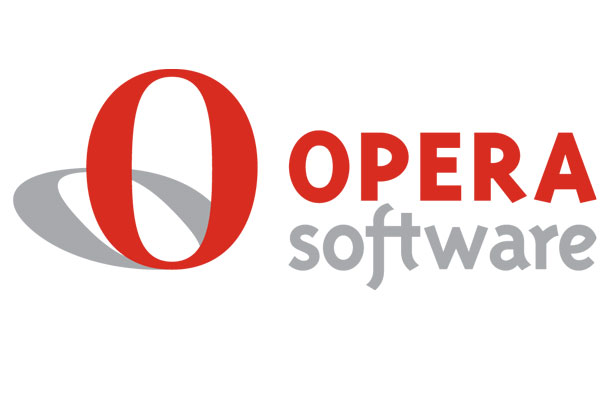Opera 10 beta review
Opera was a real innovator in the browser space, but its desktop offering is something of the forgotten man in the industry. We take a look at the beta of its latest release.

A fast, solid browser, but there's no compelling reason to pick Opera over its rivals.

Those are the major enhancements. There's still no support for Firefox-style extensions, but Opera 10 does get a few lesser me-too upgrades: an inline spellchecker, webmail support for mailto: links, online crash reporting and automatic updates are all good things to have, although they hardly set Opera 10 beta apart from the crowd.
In fact, what does make Opera stand out is that it simply looks and behaves oddly. This latest beta keeps the distinctive white-on-black colour scheme of the previous version, maintaining a slightly baroque appearance that, like Safari, doesn't sit quite comfortably within the Windows desktop (although you can at least set it to Windows' default colours if you wish).
And interface quirks abound: when you edit your Speed Dial settings, for example, you're presented with a strange, non-draggable panel that isn't quite like anything else ever seen on Windows. Press to cycle through your tabs and an odd menu-type list appears.
Keyboard shortcuts aren't always in step with the standards followed by other browsers either. It isn't disastrously counterintuitive, but it creates an impression of Opera as an outsider application.
And that, of course, has always been Opera's problem. Its speed has attracted a vocal fan base of cognoscenti, as has its rigorous compliance with web standards. But in the 13 years since it was launched it's never felt like a mass-market browser, and indeed, it's never become one.
This latest beta release keeps pace with the likes of Google and Apple, but if you're not already an Opera user it offers very little reason to become one.
Verdict
A fast, solid browser, but there's no compelling reason to pick Opera over its rivals.
Sign up today and you will receive a free copy of our Future Focus 2025 report - the leading guidance on AI, cybersecurity and other IT challenges as per 700+ senior executives
Darien began his IT career in the 1990s as a systems engineer, later becoming an IT project manager. His formative experiences included upgrading a major multinational from token-ring networking to Ethernet, and migrating a travelling sales force from Windows 3.1 to Windows 95.
He subsequently spent some years acting as a one-man IT department for a small publishing company, before moving into journalism himself. He is now a regular contributor to IT Pro, specialising in networking and security, and serves as associate editor of PC Pro magazine with particular responsibility for business reviews and features.
You can email Darien at darien@pcpro.co.uk, or follow him on Twitter at @dariengs.
-
 Westcon-Comstor enters Balkan market with REAL Security acquisition
Westcon-Comstor enters Balkan market with REAL Security acquisitionNews The acquisition gives the distribution giant immediate access to an established partner ecosystem spanning eight Balkan markets
By Daniel Todd Published
-
 Hackers are using LLMs to generate malicious JavaScript in real time – and they’re going after web browsers
Hackers are using LLMs to generate malicious JavaScript in real time – and they’re going after web browsersNews Defenders advised to use runtime behavioral analysis to detect and block malicious activity at the point of execution, directly within the browser
By Emma Woollacott Published
-
 AI coding is taking off in the US – but developers in another country are “catching up fast”
AI coding is taking off in the US – but developers in another country are “catching up fast”News Developers in the United States are leading the world in AI coding practices, at least for now
By Nicole Kobie Published
